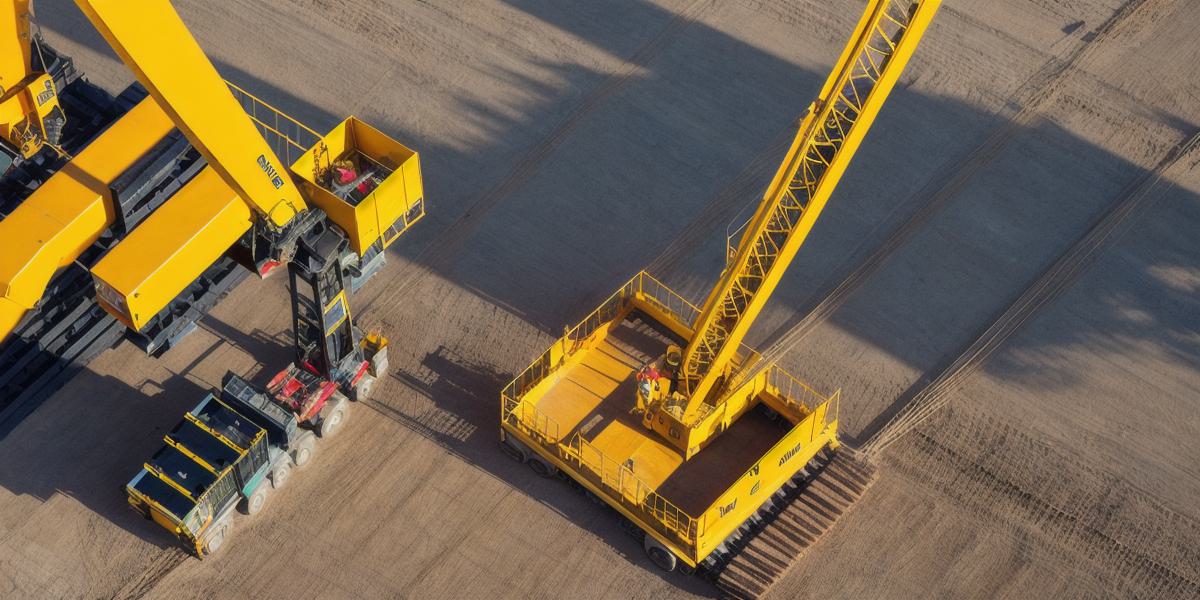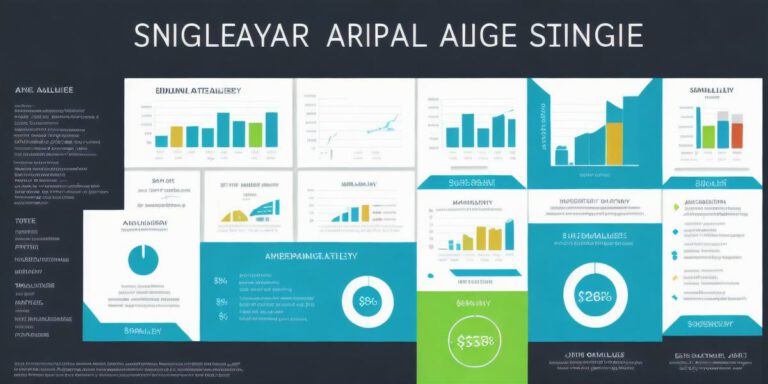Crane operators play a crucial role in construction and heavy industry, working with enormous machines that move tons of material and build structures. With the demand for skilled crane operators on the rise, it’s no surprise that salaries are also increasing. In this comprehensive guide, we will explore everything you need to know about crane operators’ salaries, including factors that affect pay, average salaries by region, and tips for negotiating a fair wage.
Factors Affecting Crane Operators’ Salaries
Several factors can impact a crane operator’s salary, including:
1. Experience
The more experience you have as a crane operator, the higher your salary is likely to be. This includes years of experience working in the field and completing specialized training programs.
2. Skill Set
Crane operators with specialized skills and certifications may earn more than those without. For example, operators who are certified in hazardous materials or have experience working on high-rise construction projects may be able to command higher salaries.
3. Location
The demand for crane operators varies by region, and salaries can reflect this. Operators in urban areas with high construction activity may earn more than those in rural areas with lower demand.
4. Company Size
Larger companies may offer higher salaries to attract top talent and maintain a competitive edge in the market. However, smaller companies may also be able to offer attractive compensation packages and benefits.
Average Salaries for Crane Operators by Region
According to data from the Bureau of Labor Statistics (BLS), the average annual salary for crane operators in the United States is $83,690. However, salaries can vary significantly by region. Here are some examples:
New York: $110,270
California: $95,640
Texas: $81,620
Florida: $80,340
Negotiating a Fair Wage as a Crane Operator
As a crane operator, you have the power to negotiate your salary. Here are some tips for getting the best possible deal:
- Research industry standards: Before you start negotiations, research what other crane operators in your area and with similar experience and skill sets are earning. This will give you an idea of what a fair wage might be.
- Highlight your skills and experience: Be prepared to showcase your expertise and why you deserve a higher salary. This can include certifications, specialized training, or unique projects you’ve worked on.
- Discuss benefits: Benefits like health insurance, retirement plans, and paid time off can be just as valuable as a higher salary. Make sure to consider these when negotiating your compensation package.
- Be prepared to walk away: If the employer is unwilling to meet your expectations, it may be time to look for another opportunity. Remember that you have value as a crane operator and deserve to be compensated fairly.
FAQs
Q: What are some factors that can affect my salary as a crane operator?
A: Experience, skill set, location, company size, and industry standards can all impact your salary as a crane operator.
Q: How do I research industry standards for crane operators’ salaries?
A: Look at data from sources like the Bureau of Labor Statistics (BLS) or industry associations to get an idea of what other crane operators in your area and with similar experience and skill sets are earning.
Q: What benefits should I consider when negotiating my compensation package as a crane operator?
A: Health insurance, retirement plans, paid time off, and other benefits can be just as valuable as a higher salary. Make sure to consider these when negotiating your compensation package.







+ There are no comments
Add yours